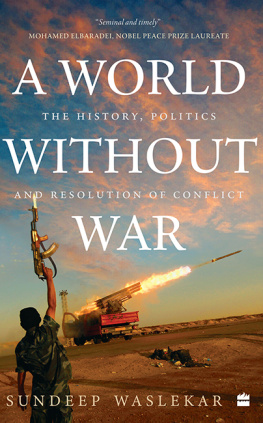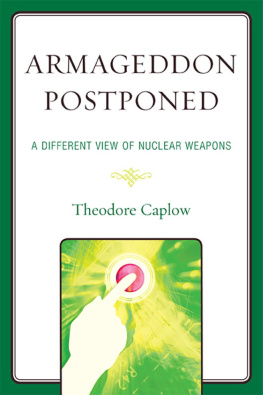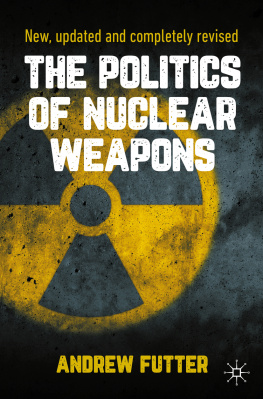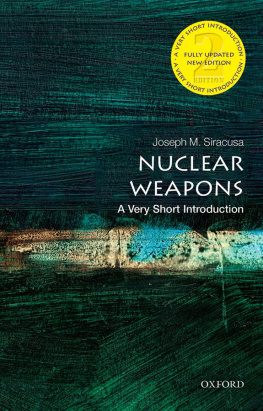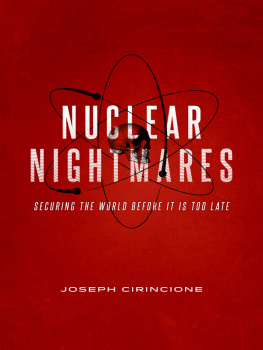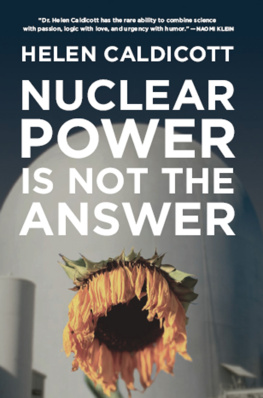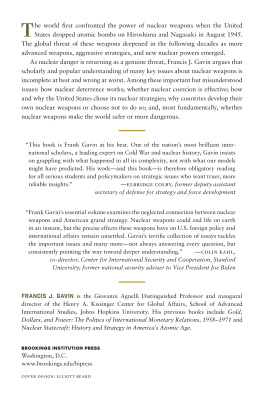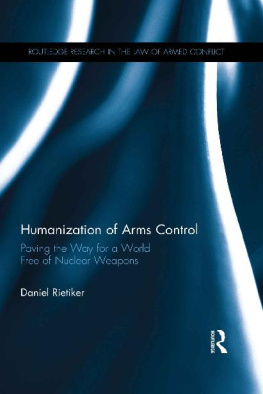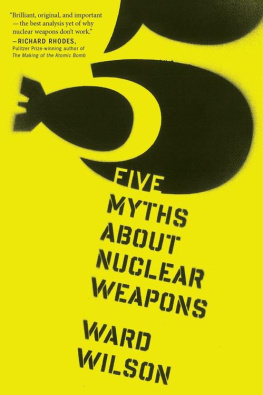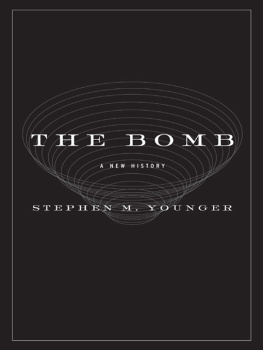Table of Contents


For Ilmas
Contents
C aen is a picturesque town in the Normandy region of France. It has witnessed wars for thousands of years. In Roman times, it was known as Catumagos, meaning battlefield. It was the scene of the hundred-year war between the English and the French kings in the fourteenth and fifteenth centuries. It was one of the main theatres of the Battle of Normandy in the Second World War.
Caen is now transforming into a town where people from all over the world are invited to reflect on the horrors of war and the need for constructing a world without war. It has a peace museum, which welcomes you with a sculpture of non-violence. The local university has established a chair in peace studies. The 1,000-year-old abbey in the centre of town hosts an annual peace forum on its grounds. On one of its walls rests the Normandy Manifesto for World Peace.
I am one of the six signatories of the manifesto. The other five are Mohamed ElBaradei, Leymah Gbowee, Anthony Grayling, Denis Mukwege and Jody Williams. ElBaradei is the emeritus director general of the International Atomic Energy Agency and was awarded the Nobel Peace Prize in 2005. Gbowee is a pioneer of an African womens movement for non-violence and was awarded the Nobel Peace Prize in 2011. Grayling is a philosopher and the author of several books on war, peace and ethics. Mukwege, a gynaecologist, was awarded the Nobel Peace Prize in 2018 for giving life and honour to thousands of women raped in the Congolese war. Williams is the architect of the international landmines ban treaty and was awarded the Nobel Peace Prize in 1997. She now chairs the Nobel Womens Initiative for spreading peace around the world along with other female Nobel laureates.
The six of us came together in Caen in June 2019, on the seventy-fifth anniversary of the Battle of Normandy, to issue the Normandy Manifesto for World Peace because we wanted to warn the world that the arms race was escalating to a degree beyond human control and our species was at the risk of extinction in a future global war by accident, incident or intent. It is still possible to withdraw from the precipice if we are willing to consider a new global contract and a new architecture for global security with the phased elimination of weapons of mass destruction from all over the world as its cornerstone. If we are imprisoned by our competing national ego, greed and the pursuit of power, we will sleepwalk into a war of human extinction. If we transform our mental frameworks, new technology and philosophy can help us enter an era of summum bonum.
My friend Ilmas Futehally, co-founder of the Strategic Foresight Group (SFG), was present in Caen when we issued the manifesto. We went for a walk around the abbey and she suggested that I elaborate the thoughts underpinning the manifesto into a long essay or a book. We had together led several studies of the SFG in measuring the cost of conflict in different parts of the world. We had realized that the cost of a war is not only to be understood in terms of death, destruction and military expenditure. There are many other costsof a psychological, environmental, diplomatic, cultural and educational nature. Wars lead to the destruction of the civilization where they take place. A world war in the future will ravage human civilization. If the human race has to survive, there is no other option but to begin thinking about a world without war, and the pathways to build one.
John, Lord Alderdice, director of the Centre for the Resolution of Intractable Conflicts at Oxford University, invited me to give a public lecture on Mahatma Gandhis 150th birth anniversary, 2 October 2019, on the prospects of peace in the twenty-first century. Mahatma Gandhi is known for his non-violent struggle for Indias independence. It is not much known that he was also the pioneer of the concept of a world federation of free nations renouncing their weapons and enjoying peaceful coexistence. His proposal was a progressive revision of Immanuel Kants framework for a federation of states presented in the eighteenth century. It is necessary for scholars to study Gandhis concept of a world federation. I argued in my oration at Oxford that it was possible to build the vision of a world without war, by taking ahead some of Gandhis ideas and adapting them to the twenty-first century.
Ilmas was also present at Oxford on this occasion. As we walked with Lord Alderdice for dinner at Arlosh Hall of Harris Manchester College, she suggested that the manifesto and the speech now make way for a book. In the months that followed, we spent hours deliberating the idea of a book on the vision of a world where wars could only be found in films, books and museums.
Thoughts about the book were rolling in my mind while I was preoccupied with my routine work in the last few weeks of 2019. The period around Christmas 2019 shocked me. Russia announced that it had inducted Avangard hypersonic missiles in its combat forces. These are not ordinary ballistic missilesthey travel at twenty-seven times the speed of sound, disguise their trajectory and carry a nuclear payload. They are the weapons of a global nuclear war. Why did Russia include them in its arsenal with such fanfare? It was an omen clearly indicating that Russia was thinking about a world war. I thought this would prompt a global debate on the risk of a war involving Russia, but nothing of that sort happened. In the West, the immediate obsession was with China. In the rest of the world, countries were bothered about their regional strategic competitors. In fact, nobody was willing to talk about war. Whenever I gave talks and interviews about the risk of a major war, I was criticized for being alarmist. Moreover, a virus suspended our civilization. The media was justifiably obsessed with it. We were also worried about climate change with heat waves, forest fires and floods in the most unexpected places. When Russia invaded Ukraine in February 2022, the risk of a war appeared on the worlds policy agenda. As the war showed no sign of abating even after weeks, people seemed to forget about the pandemic and climate change. Germany decided to arm itself to the teeth for the first time since its unification. Even the pacifist Scandinavian countries contemplated joining a military alliance.
Meanwhile, I was watching Russia, the United States (US) and China as they were involved in an intensive hypersonic missile race from 2020 to 2022. Since these missiles can alter their trajectory on their own, artificial intelligence (AI) takes over from military commanders. In the past few years, algorithms have gradually started either guiding or taking control from human commanders in many aspects of military affairs. We as a species are surrendering the ability to annihilate our civilization to machines. We are blindly walking towards a precipice.
The worlds scientists have been watching these developments. Unlike media persons and politicians, they can see the threats posed by nuclear weapons, climate change and pandemics in an integrated way. Every year since 1947, the Bulletin of the Atomic Scientistsfounded by Albert Einstein and other nuclear scientistshas set the Doomsday Clock. The clock uses the imagery of apocalypse (midnight) and the contemporary idiom of nuclear explosion (countdown to zero) to indicate humanitys vulnerability to human-made disasters. In January 2022, the Bulletins Science and Security Board set the clock for the third consecutive year at 100 seconds to midnight, marking the closest humanity has come to extinction in the past seventy-five years. In the spring of 2022, Prince El Hassan bin Talal of Jordan and I argued, in a joint article published by

